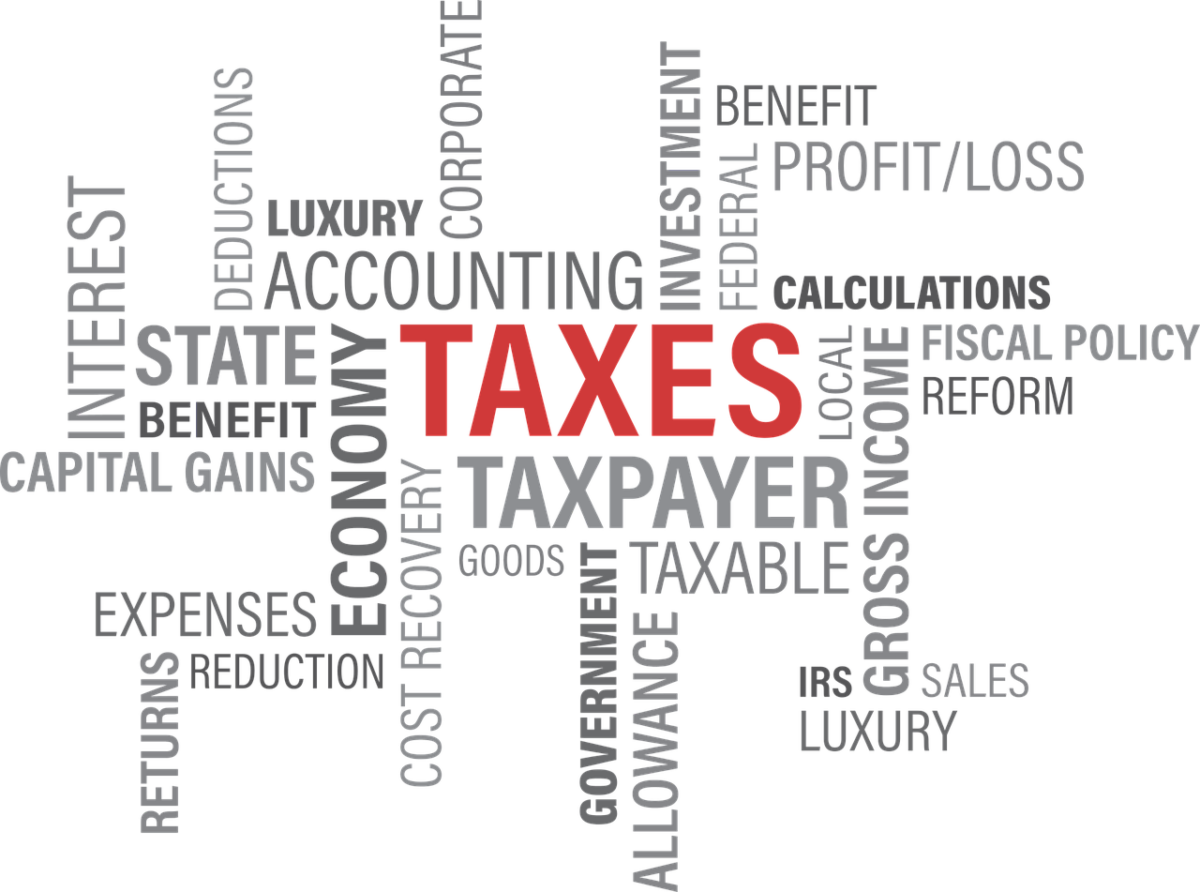You can definitely use tax credits and tax deductions to lower the amount of federal income tax you pay. Tax credits directly reduce your tax. Deductions reduce the amount of your taxable income, the taxes you pay and may increase the amount of your refund if you have one coming. However, taking some deductions and credits will depend on which tax bracket you fall within and your personal situation.
Tax Credits and Tax Deductions
Federal income taxes can be complex, even for low-income filers. The Advance Child Tax Credit payments that began in the summer of 2021 is an example. You may have been receiving them, but the amount is half of what the total would be. You can claim the other half when you file your federal income tax return. Corona Virus Impact payments and stimulus payments will also have to be considered.
Tax Credits
There are credits for Earned Income, dependent care, adoption, and the elderly or disabled. There’s a foreign tax credit, those for undistributed capital gains, excess Social Security and RRTA withholdings and retirement savings contributions. You may have a credit if you’re a homeowner or have costs from healthcare and education. Some have limits on the amount that can be claimed.
Deductions
Work deductions are one of the most common types of deductions, enabling you to deduct expenses such as union dues and uniforms, or the use of your car and a portion of your home space if you’re working from home. If you’re part of the gig economy or use an employment app for per-day jobs, you can still take those deductions.
If you use those apps or are part of the gig economy, you should be aware that you’ll be classified as self-employed by the federal government and that means you’ll be paying higher taxes. You’ll be liable for self-employment taxes, Social Security and Medicare taxes. The good news is that you can typically claim your earnings on your regular income tax form under “Other Income.”
Tax Preparation
There are a number of good online tax preparation software programs for those that have fairly straightforward tax forms. If your taxes are more complicated, you should definitely seek the services of a professional tax preparer or CPA.
At Peavy and Associates PC our mission is to assist you with all your tax preparations, payroll and accounting needs. We provide our clients with professional, personalized accounting services and guidance in a wide range of financial and business needs. Give us a call today and discover why our clients return to Peavy and Associates, PC year after year!





